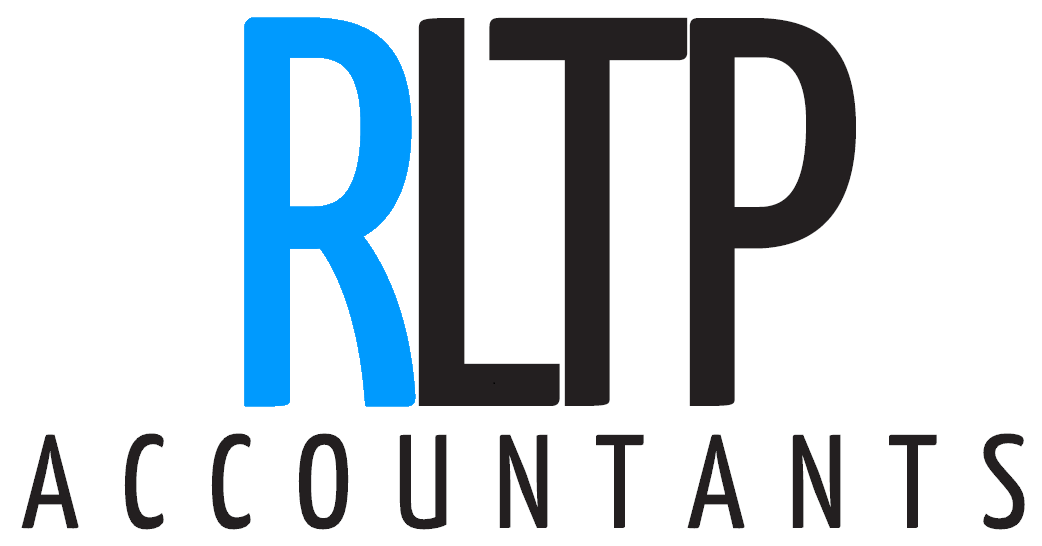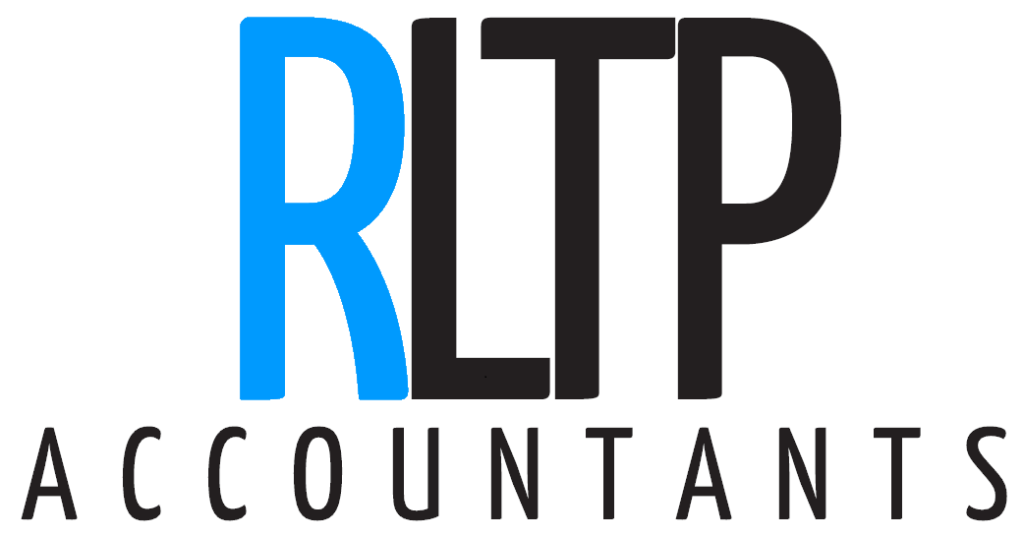According to The Gazette Official Public Record, there were 3,765 company insolvencies in Q3 2021. This is a 17% rise from Q2 2021 and a rise by 43% from the same quarter in 2020. As expected, these statistics are far higher than they were pre-pandemic. “The liquidation rate indicates the profitability of a company entering liquidation in the previous four quarters”, and with that in mind, throughout England and Wales in the last quarter of 2021, 1 in 341 companies were liquidated, again, according to The Gazette Official Public Record.
There are several reasons for why bankruptcy might occur, whether it be financial reasons or economical issues, but should a business find themselves in this situation, there are generally only three different options they could choose from and they include:
- Finding a way in which to secure additional funding
- Defaulting on your loans
- Filing for business bankruptcy
Where the first or last option might be more preferable for companies experiencing these troubles, it’s important that, before making a definitive decision, a business owner fully understands what company closure means for them, their staff and, potentially, their partners and/or shareholders. While a company might be forced to close down following business bankruptcy, intentionally closing down your business doesn’t always spell failure.
4 causes of business bankruptcy
There are several different reasons as to why a business might file for bankruptcy and it’s usually because the company has fallen into some kind of difficulty. Small businesses, especially, will vary when it comes to both the products and services they provide and standing out from the crowd is imperative when it comes to making sales and bringing in revenue in order to survive in the world of business.
If a company hasn’t been profitable for quite some time, then they will, eventually, struggle to survive and in the most demanding of circumstances, it could mean that a business will need to file for business bankruptcy. Whilst lack of profitability is often the number one reason for why a company goes bankrupt, there are other underlying factors that could be at play.
Market or economical conditions
Economic downturns and deterioration could force a business to go bankrupt. The Covid-19 pandemic hasn’t helped in this respect, forcing several establishments to close their doors when they might have survived otherwise. This doesn’t just go for independent businesses either, as chain companies, including restaurants, were starting to flounder under the pressure of lockdowns and forced closures for long periods of time.
Financing issues
This is a common reason for the failure of small businesses. Many business owners will take out loans in a bid to finance their company. There are many reasons for this, including: paying employees, buying stock, paying rent and paying bills, to name a few. If a business begins to struggle, then their lender might not wish to hand over additional funding which could, in turn, lead to a business filing for bankruptcy.
Poor decision making
Poor planning and decision making can cause business failure, as can decisions that have been made hastily. A company might spend a considerable amount of time and money developing a product only for it not to be profitable, but the time and money spent on that particular project could have been better spent elsewhere if only it had been thought about in more depth and planned out more carefully. Lack of experience could account for this problem, so ensure your employees are fully-trained and have the relevant experience to get the job done.
Other causes of business bankruptcy
Bankruptcy can happen as a result of several other factors that haven’t been mentioned in the list above, including:
- Poor business location
- Losing highly-skilled, key employees
- Fighting lawsuits presented by competitor companies
- Dealing with personal issues, such as divorce or illness
- Suffering from criminal activity such as fraud or employee theft
- Experiencing unforeseen natural disasters such as floods, fires and storms
What are the negative effects of filing for business bankruptcy?
Filing for business bankruptcy might seem like the easiest option, although it doesn’t take away from the fact that it would be an incredibly difficult decision to make, but it can have a negative impact and pose damaging effects. Some of the unforeseen outcomes of filing for business bankruptcy includes:
- Courts assigning trustees to a bankrupt business who will force the sale of assets without the owner’s consent in order to pay off creditors
- Not all debts are written off with bankruptcy and so the court can force the sale of the business to pay off outstanding debts
- A foreclosure will stall the aforementioned, but only temporarily
- The business owner will have a damaged credit rating
- Bankruptcy affects the co-signers of business loans, not just the business owner
- If a business owner wishes to stop the bankruptcy process once it has been initiated, withdrawing from a Chapter 7 filing will be almost impossible
With the aforementioned in mind, business bankruptcy might not be the best option for a struggling company. Before choosing to file for bankruptcy, a business owner needs to understand the options available to them and an accountant could be the best step towards financial recovery. Although there will be an initial cost associated with initiating an accountant, it should be seen more as an investment at this stage rather than just another outlay.
What can you do to prevent business bankruptcy?
There are several ways in which a business can prevent going bankrupt, including the following:
- Making repaying debts a priority over other aspects of your business
- Eliminating non-essential expenses
- Taking the time to renegotiate any repayment plans
- Selling non-essential assets within the business
- Creating a new business plan
- Maximising revenue streams
- Appointing an accountant
RLTP Accountants have a team of experts on hand who will provide you with a number of accountancy services in a bid to help revive your business and give you specialist financial advice with regards to managing your debts effectively. Some of the services we’re proud to provide include:
The highly-skilled, experienced professionals here at RLTP Accountants specialise in helping and guiding small and start up businesses alike, so you’ll always be able to count on us to provide you with the advice you need in order to solve even the most complex of financial issues. We will work tirelessly to help mitigate the risk of business bankruptcy.
If you would like further information about how the fully-qualified, dedicated team here at RLTP Accountants can help you today, get in touch with one of our friendly, knowledgeable employees – we’re always happy to hear from you.


